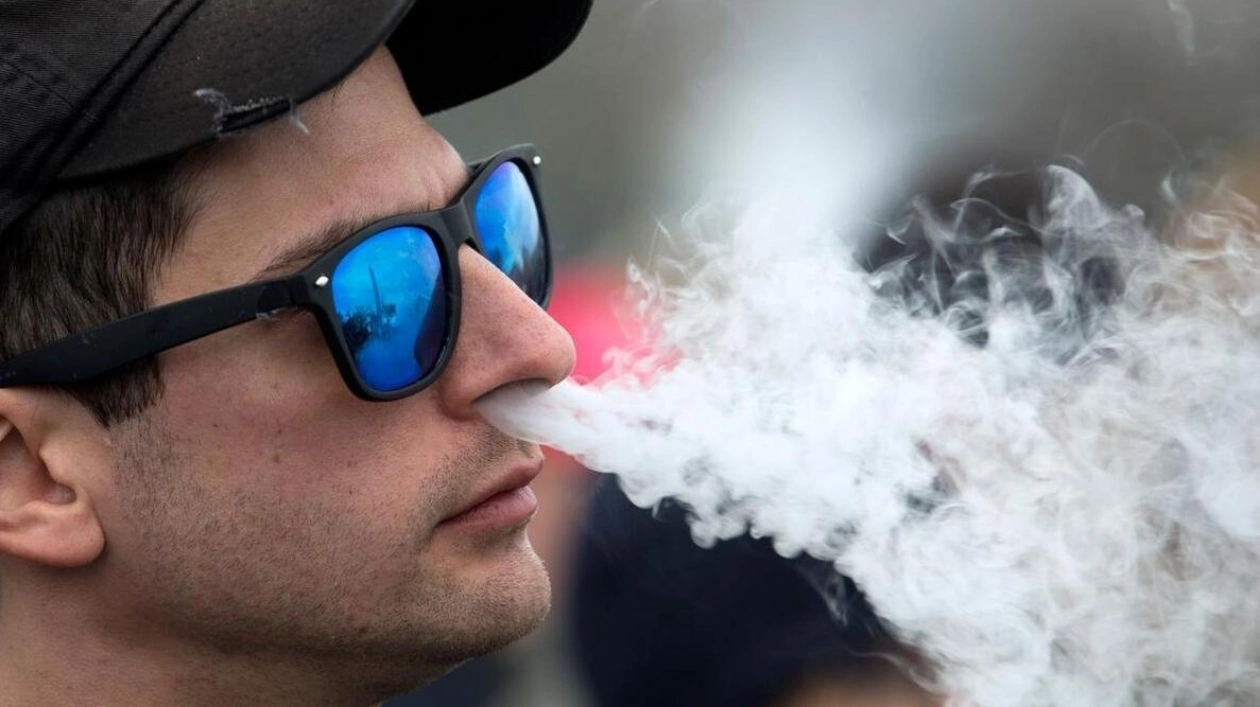According to a recent study by an online portal on consumer markets, the UAE's e-cigarette market is projected to experience an annual growth rate of 7.28 per cent over the next five years. Statista, based in Hamburg, further estimates that the market revenue will reach $68.5m by the end of the current year. E-cigarettes, often referred to as vaping, are increasingly being used as an alternative to traditional smoking or as a method for quitting smoking. However, the attractive packaging and flavors may be misleading consumers about the serious health risks associated with these nicotine-containing devices, affecting not only the users but also those exposed to second-hand vape aerosol, as stated by a Dubai-based doctor in an interview with Khaleej Times.
Dr. Mohammed Harriss, a consultant pulmonologist at Medcare Sharjah and Medcare Royal Speciality Hospital Al Qusais, highlighted that second-hand vape aerosol exposes non-smokers to nicotine levels similar to those from second-hand cigarette smoke. He further explained that vape aerosol contains carcinogens such as lead and formaldehyde, potentially increasing the risk of cancer. The vape liquid, which contains thousands of undisclosed chemicals, releases ultrafine particles that can be inhaled by those nearby, as reported in the British Medical Journal (BMJ).
Dr. Harriss emphasized that the growing popularity of e-cigarettes could lead to the normalization of smoking, undermining efforts to reduce smoking globally. He cautioned against viewing vaping as a harmless alternative to smoking, noting that an increasing number of vape users are experiencing lung injuries and irreversible damage due to the inhalation of harmful chemicals in vape products. Vaping has gained popularity among non-smokers and youth, partly because the vapor dissipates quickly, making it less conspicuous. However, a study by the US Centers for Disease Control (CDC) last month reported cases of poisoning among children and adults from ingesting or inhaling vape remnants or absorbing them through the skin and eyes.
In response to these concerns, the UAE Ministry of Health and Prevention (MoHAP) recently issued a tobacco-free workplace guide for companies, aiming to eliminate tobacco products from work environments. The guide provides educational materials on the effects of smoking and practical instructions for creating a smoke-free workplace, including procedures for handling violations. UAE laws already prohibit smoking in closed public spaces and the use of any tobacco products in public areas such as government, health, and educational institutions, as well as public transport and other public places.






